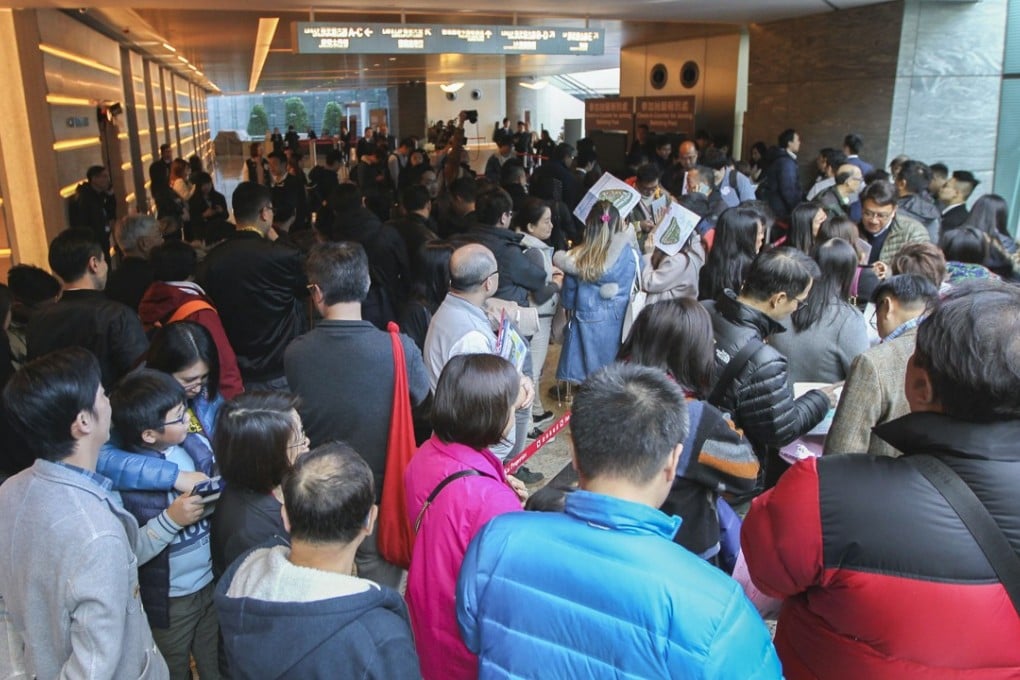Hong Kong developers raise prices, confident that buyers will snap up flats unlocked by vacancy tax
The burning fever in home market, where the median price had risen for 26 months, underscores the challenge facing Chief Executive Carrie Lam Cheng Yuet-ngor’s administration to cool the world’s costliest real estate sector

Hong Kong’s home prices are showing no signs of letting up, as developers continue to raise their offer price with each successive sales launch, confident that there are enough eager property buyers to snap up any additional supply that goes on the market.
For proof, look no further than The Garrison’s 118-unit apartment complex in Sha Tin, developed by Far East Consortium International. The developer raised its prices by 14 per cent in a span of four days this week, adding HK$762,000 to the price of a 251 square-foot (23 square metre) unit in the single-storey tower, for a jaw-dropping HK$6.22 million, or HK$24,804 per sq ft.
The burning fever in the residential property market, where the median price had been rising for 26 consecutive months, underscores the arduous challenge facing Chief Executive Carrie Lam Cheng Yuet-ngor and her administration to cool the world’s costliest real estate market.
A 1,599 sq ft unit at Victoria Harbour in North Point sold for HK$100.05 million, or HK$62,574 per square foot, according to data available on the government website on Wednesday.
In a city with HK$1.2 trillion (US$153 billion) of bank deposits, “it’s not difficult to find buyers who can afford these private homes,” said CLSA regional head of property research Nicole Wong.
On the eve of the 21st anniversary of the return of Hong Kong to China’s sovereignty, Lam’s government unveiled on June 29 a so-called vacancy tax on developers who hoard completed units, and offered subsidies to allow more first-time buyers and low-income households afford public housing. The fact that developers are shrugging off the vacancy tax shows how limited the government’s power is in changing market demand, analysts said.
“Developers are still confident in the housing market, as there is a strong demand for homes,” said Stewart Leung Chi-kin, chairman of the Real Estate Developers Association (REDA), an industry guild.